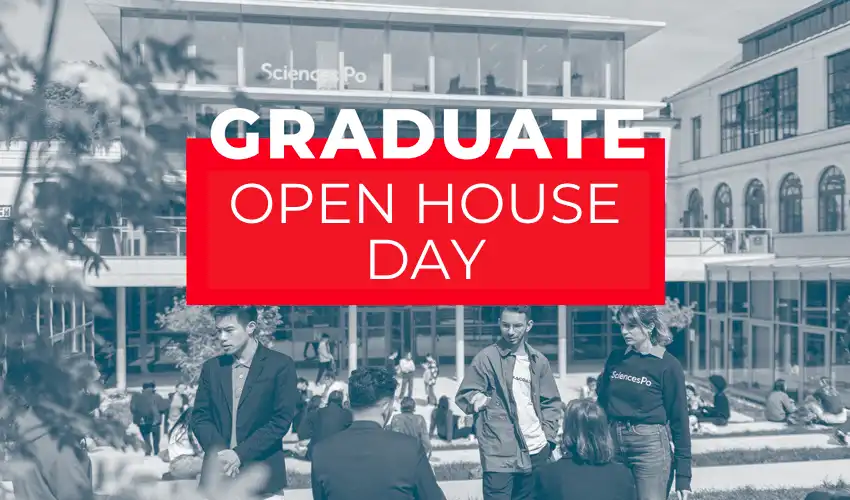Home>Sandor, Peacebuilding Fund Coordinator at UNDP
27.05.2022
Sandor, Peacebuilding Fund Coordinator at UNDP
Coming from Hungary, Sandor Madar has graduated in International Security. He works as a Peacebuilding Fund Coordinator at UNDP in El Fasher, Sudan.
What is your role and main responsibilities?
>I am in charge of overseeing the implementation of a 2 years, multi-partner Peacebuilding Fund Programme in 3 of the 5 Darfur States delivered by 6 UN Agencies. The Peacebuilding projects under this programme focus on providing durable solutions for IDPs and Refugees, strengthening good governance and the rule of law as well as focus on localised, community-based conflict prevention, mediation, resolution and Peacebuilding.
My main responsibilities include monitoring project implementation via field visits, engagement with communities and government counterparts, reporting to the donor, ensuring coordination among the implementing partners, coordination at the locality and at the state levels, as well as providing technical assistance on Peacebuilding to the implementing agencies. As a personal initiative, I am also in charge of a joint UNSSC-PBF-UNDP capacity-building programme on Conflict Sensitivity and Peacebuilding for the Humanitarian - Development - Peace Nexus Actors in Sudan.
How did you secure this role?
After graduating, landing in the perfect position that I envisaged for myself was an extremely difficult and time consuming process full of with ups and downs. I had a clear vision of working in peace and development in conflict affected countries in the field but didn’t know how to find an entry point.
At first, I wasn’t successful in it so I had to look for a plan B while I kept on trying. I ended up working as a consultant with a French consultancy firm, called Alp Analytica and with Chatham House - the Royal Institute of International Affairs (where I also found my greatest mentors) on diverse research projects related to climate security, environmental Peacebuilding, natural resource related conflicts and the interaction of climate risks with national and international security, energy supply shocks, economic shocks and trade, food security, movement of people and migration as well as disease pandemics. This was also closely related to my previous work experience at UN Environment in Nairobi, Kenya where I worked on Environmental Security and resource conflicts. (Cont.)
Then the unthinkable happened. While enjoying the sun and sea of my temporally adopted home office in Aruba, one day, my phone buzzed. I received an email with my current job offer inviting me to move to Darfur. By the time the offer came, I didn’t even remember applying for the position because between my application and my deployment to Sudan exactly one year had elapsed but I was up for the challenge. So I believe that securing this position was a mix of being determined and working toward a clear vision even if sometimes it didn’t happen in the most obvious ways, as well as a great deal of luck / intervention of the universe or call it as you wish. There is no one size fits all recipe for this.
What is the most fascinating and/or surprising aspect at your role?
I really enjoy working in the extremely complex context(s) of Sudan in a challenging and rapidly changing environment. This has been further complicated with the withdrawal of UNAMID, the peacekeeping mission from Darfur as well as by the Coup d’État that happened on the 25th November 2021 that resulted in the backslide of the Democratic Transition into the old dictatorial military regime. Despite all these challenges, the unstable and continuously deteriorating security environment, and the hardships of the field environment, what I enjoy the most is the monitoring trips across our target locations where I learn a great deal on how our project interventions are making a difference and a positive impact, even though they are only a drop in the ocean compared to the remaining needs and dire situation of the people. I am particularly keen to see our diverse community-based conflict resolution mechanisms and Peacebuilding networks in action and how local communities are taking ownership of these structures and the knowledge that we transfer to apply it in practice during their day-to-day work to strengthen peaceful coexistence, social cohesion and to build peace in their communities.
How did your PSIA experience help you with the role?
PSIA helped me in some ways to prepare for this role but it did not substitute the real life work experience. Having had the chance to learn about conflicts, peace and security from and through interactions with practitioners who served in peacekeeping and political missions, worked with civil society in the field was extremely enlightening and the biggest asset that PSIA provided us.
Having a great variety of courses in different topics such as peacekeeping and Peacebuilding, hybrid wars, foreign policy and diplomacy of different great powers, etc.. gave me complex analytical skillsets to be able to rapidly understand the context and make decisions accordingly.
Moreover, taking several International Law courses was really useful aside from transferring valuable knowledge to also provide rigour, organizational skills as well as a methodology of thinking and working that I appreciate and use even today.
What advice would you give to others?
My simple and humble advice would be to have a clear vision regarding where you want to head, a strongly determined mind, a plan B in your pocket and the willingness to follow through your plans. The rest will come sooner or later.
Virtual Graduate Open House day, October 2025

On 18 October 2025: meet faculty members, students and representatives and learn more about our 30 Master's programmes.